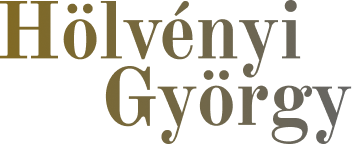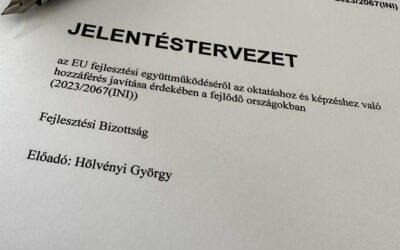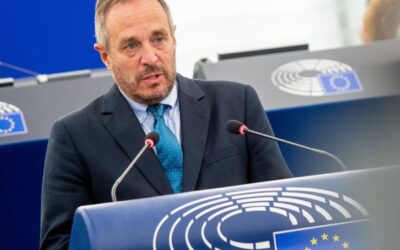MEP György Hölvényi called for concrete steps to support local small farmers in Africa at the European Parliament’s Development Committee meeting on food crisis in Africa. The Christian Democrat MEP asked the European Commission representatives about the introduction of modern agricultural technologies, increasing agricultural production and facilitating farmers’ access to markets. He said that effective EU action in these areas is an important tool to stop migration.
“The Russian-Ukrainian war, unpredictable climate conditions, conflicts, rising energy prices and the effects of the coronavirus have plunged Africa into a severe food crisis,” he said. The debate on the food crisis in Africa was also attended by Michael Dunford, Regional Director for East Africa of the World Food Programme, who stressed that “82 million people in East Africa are starving. This figure is over 200 million for the continent as a whole.
MEP György Hölvényi, spokesperson for the EPP’s Development Committee, said: “More than half of Africa’s population lives from agriculture. Local small farmers cultivate 80 percent of the continent’s agricultural land. They produce 70 percent of the food grown there. Yet small family farms have no access to markets or financial services. Moreover, they receive almost no help to combat extreme weather,” the politician said, adding that their participation is key to mitigating the food crisis and thus curbing migration. The MEP added that the approval of GM crops in Kenya is a further cause for concern as it threatens farmers’ access to seeds.
Calling for concrete action, MEP György Hölvényi asked the Commission and the World Food Programme leaders: ‘How does the EU support innovative agricultural and water management technologies? What is it doing to increase the productivity of small farms and bring them to market?” Effective EU action in these areas is an important tool to stop migration,” he said. But the Commission representatives present did not give any substantive answers. MEP Hölvényi will then put a written question to the Commission.
Brussels, 7 February 2023 02. 06.



